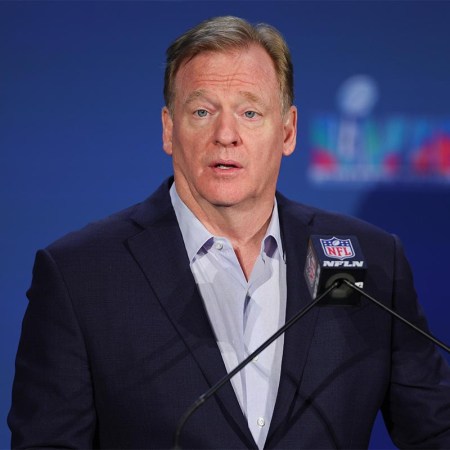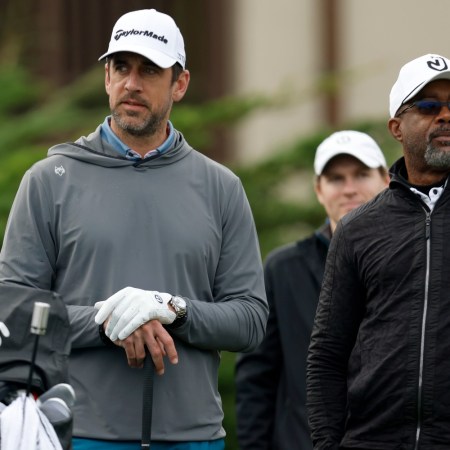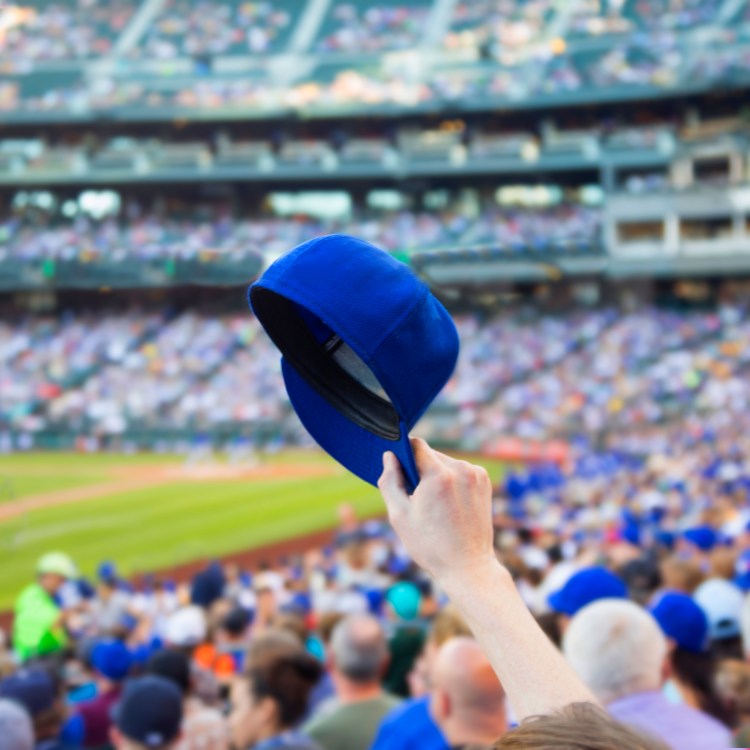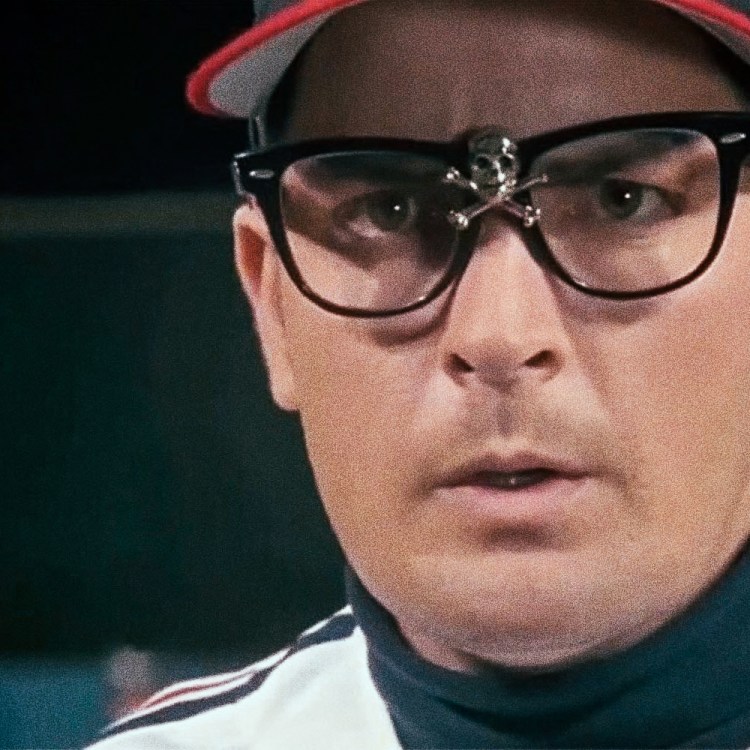While he was coaching the Celtics around the turn of the century, Rick Pitino coined the phrase “the fellowship of the miserable” to refer to the legions of Boston sports fans who loudly vented their frustrations with the team and his performance as coach (102-146, .411) via the town’s sports talk radio airwaves and internet forums. Pitino, who was familiar with the notoriously demanding market before he took the job after previous coaching stints at Boston University and Providence College, meant the comment to be a dig at his detractors, but at least among a certain segment of the population, it was galvanizing and created somewhat of a sense of pride. After all, its misery — not victory — that loves company.
In his new book, FANS: How Watching Sports Makes Us Happier, Healthier, and More Understanding, author Larry Olmsted takes a deep dive into the benefits of being a sports fan and examines how fandom, even of a losing franchise, has the power to help and heal.
“In every major sport, there are lots of teams and just one winner. What about everybody else?” Olmsted tells InsideHook. “I talked to psychologists about it and what I learned was pretty surprising to me. I describe it as a circuit breaker in your head in the book because that’s the layman’s way of understanding it. The psychologist basically told me the joy of winning offers unlimited upside. If you’re a Tampa Bay fan and just watched them win the Super Bowl, that’s like 100 on an enjoyment scale of zero to 100 enjoyment. But if you like Kansas City and they lost, it’s not a zero. They still went and you watched the game, so maybe it’s a 20 or a 15. Your downside is limited. Over time, most sports teams are average, somewhere around 50-50. As a fan, you benefit from an average team because the wins, the happiness, are worth more to you than the sadness. The upside is more lasting and more powerful. That explains a lot. We wouldn’t like sports if it was just dependent on winning, because most fans don’t get the big win.”
Though it isn’t as simple as turning on a game to chase away the blues after a tough day, sports fans generally have less depression, higher self-esteem and are happier in their everyday lives, according to Olmsted.
“They get that from being part of a community. Humans are tribal and a sense of belonging makes us happy,” he says. “That being said, it’s not a prescription. It isn’t watch a soccer game tonight and you’ll be happier. You actually have to enjoy it to get that happiness effect. You have to be a fan to some degree and want to watch. It can’t be like working out where somebody makes you watch sports. You have to enjoy it. And people do. Worldwide, more people are sports fans than belong to any organized religion. What do people talk about when they meet? Sports, weather or politics. But there’s no such thing as a weather bar or a politics bar or an opera bar or a TV bar or a Harry Potter bar, but there are thousands of sports bars. Sports are a pervasive theme in our lives. Fandom is so multi-dimensional and plays so many roles we don’t think of in both our lives and the world around us.”

To sum up the positive connection sports enthusiasts feel but may not be aware of, Olmsted refers to fans as “constantly being subconsciously connected.” And nowhere is that connection more pure and emphatic than in the stadiums and arenas that fans have been forced to vacate for the last 12 months.
“That’s what differentiates sports from every other kind of form of entertainment,” he says. “If you’re at a game, you’re part of the crowd in a way you’re not if you go a movie. If you go watch a Star Wars movie, the whole theater might be full of Star Wars fans, but you don’t yell and high-five each other and discuss what’s going on during the movie. If we watched movies the way we watch sports, fans would get kicked out of every movie theater in the world. Even watching at home on TV, the people in the stands who are dressed in team logos and cheering and in view are a subconscious reminder you’re part of this something bigger than yourself. You don’t think you’re watching a crowd at a football game, but they’re on the screen almost all the time. You can’t help but see them. It’s a subconscious reinforcement you belong to X, Y or Z nation when you watch any sporting event.”
And belonging to that nation extends beyond the stadium walls, as well as the final whistle. Think of the positive affirmations — and even the friendly banter — that you receive when you go out in public wearing a piece of your favorite team’s gear.
“I talked to an NHL executive who calls it the head nod,” Olmsted says. “You’re walking down the aisle of your grocery store and maybe you have a Yankees hat on and pass somebody who’s wearing a Yankee sweatshirt. You look at them, make eye contact and you nod your head. You’re strangers, but you have a connection immediately even though you keep going. It would be possible for you to have that same connection over Metallica, but the chances of you and another person passing each other in the supermarket both wearing Metallica shirts is pretty low compared to any major sport. There is just this reinforcement that’s all around us all the time. People want to advertise their membership in the sports community. That, in addition to the crowd at the game, is that constant subconscious reinforcement of belonging.”
In other words, in a time of increasing social and political discord, especially in the U.S., sports might be the last great unifier — an institution capable of bringing together people of disparate backgrounds and belief systems in the name of a common good.
“We’re designed to be part of a community. Sports provide a really strong sense of that in a way that other entertainment fandom doesn’t. Those other people in their uniforms who are part of your nation are a reminder of that. Belonging is part of our DNA. Humans are tribal creatures and the main happiness benefit of sports comes from belonging.”
Even if that belonging is to a fellowship of the miserable.
This article was featured in the InsideHook newsletter. Sign up now.






















